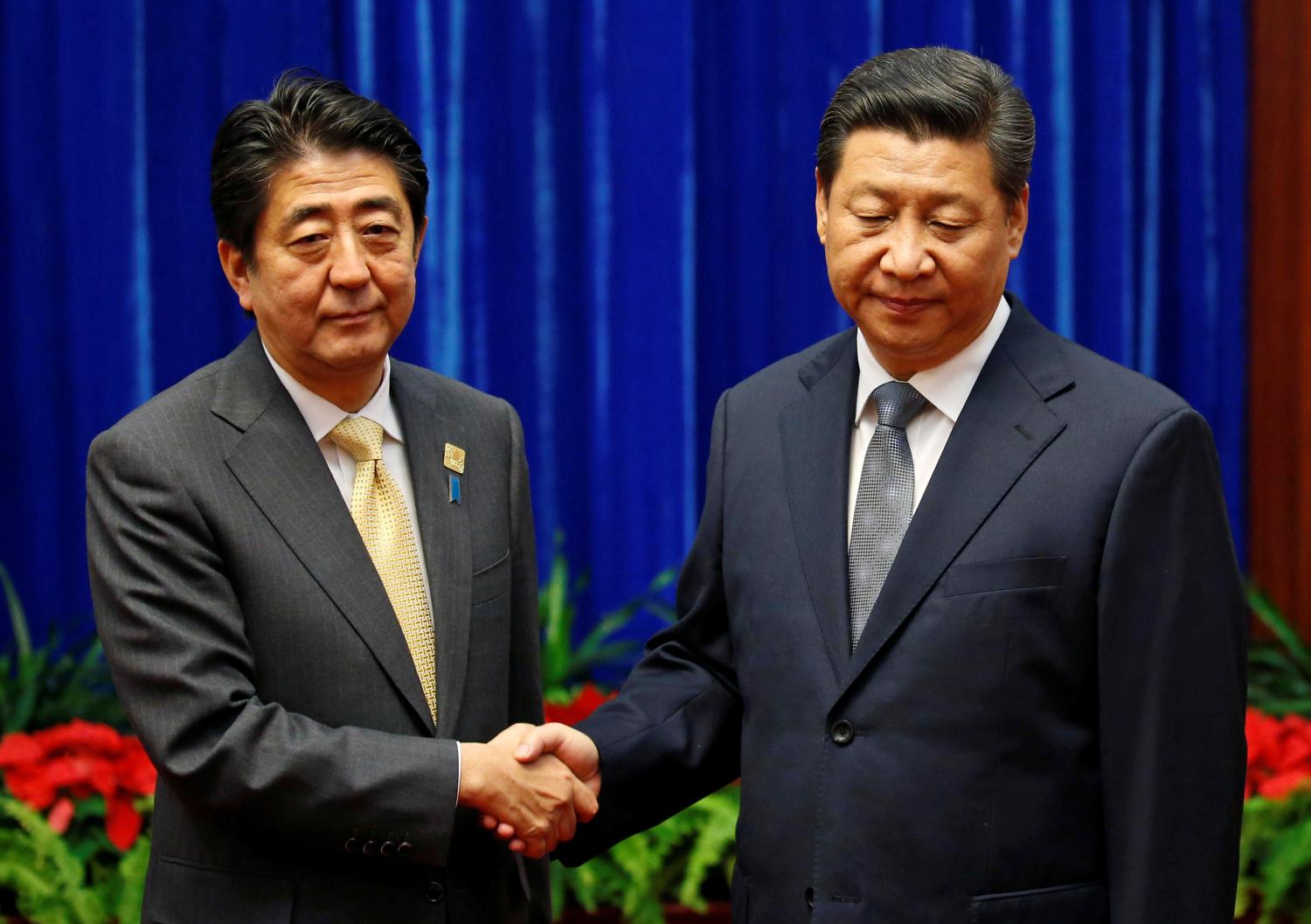Policy toward North Korea is an important component of Russia’s general strategy toward the Asia-Pacific region, which is now regarded by Moscow as a crucially important area. This growing emphasis on Asia is evidenced by President Vladimir Putin’s increased participation in APEC summits including the November 2005 meeting in Pusan, South Korea, and Russia’s development of a dialogue partnership with the Association of Southeast Asian Nations (ASEAN). During the first Russia-ASEAN summit, held in Malaysia just before the East Asian Summit in December 2005, President Putin gave a speech to the participants of the nascent East Asian Community (EAC), a new multidimensional integration association in the region.[1]
A calculating and pragmatic approach toward the Democratic People’s Republic of Korea (DPRK, or North Korea) and the Korean Peninsula in general has become an integral part of Russia’s strategic course. In just the last five years, Russia-North Korea relations have reached an unprecedented level. Moscow has gained unique and exclusive communications capabilities with Pyongyang based on the development of trust between the two states’ leaderships at the highest political levels, described in North Korean terminology as the “two states’ leaders’ personal friendship.”
The improved Russia-North Korean relationship has generated mixed reactions. Some observers dismiss it and assert that Russia has no real influence over North Korea, while others criticize Moscow for having overly intimate relations with Pyongyang. To understand the true state of present bilateral relations, it is first necessary to understand the fundamental characteristics of the Russia-North Korea relationship.
Above all, it should be stressed that Moscow’s policies toward the Korean peninsula are determined by Russia’s serious and legitimate strategic interests in Korea. The fundamental goal of the preservation of peace and stability on the Korean peninsula defines Russia’s policy toward Korea, and by extension its position on any settlement of the North Korean nuclear crisis. Russia stands firmly behind a peaceful resolution of the crisis, achieved through diplomacy and negotiation.
The Brookings Institution is committed to quality, independence, and impact.
We are supported by a diverse array of funders. In line with our values and policies, each Brookings publication represents the sole views of its author(s).



